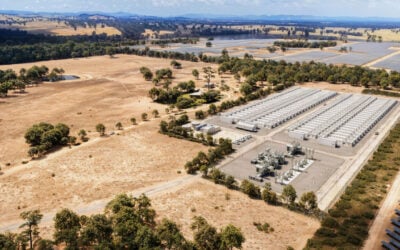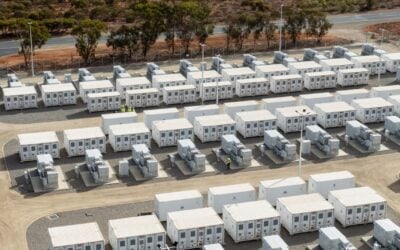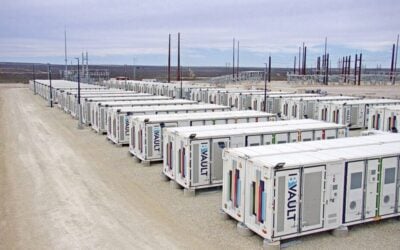Many in solar and other renewable energy industries are looking ahead to a future defined by self-consumption of on-site generated power and energy storage. As a key part of that, the role of the inverter is changing. More than just converting the electricity generated by a PV plant from DC to AC, today’s inverter is expected to be an intelligent piece of kit that can define a solar power system’s role in the electricity network. Some new inverters not only enable onsite self-consumption, but also allow the user to ‘throttle down’ self-consumption in order to comply with new rules in Germany that allow a PV system owner to use up to 70% of their own electricity. Others either come fitted with batteries for energy storage, or are ‘battery ready’ and retrofitting battery packs is, the manufacturers claim, a relatively easy process. Meanwhile, the challenges faced by the nascent industry include meeting differing technical standards across different regions and the need to meet KfW development bank rules to qualify for subsidies in Germany. In a video feature, PV Tech Storage journalist Andy Colthorpe and PV Tech’s senior news editor Mark Osbourne take a look at offerings from SMA, SolarEdge and Solarmax.
With thanks to Sam Wilkinson and Cormac Gilligan of IHS Research for their help and expertise, as well as the participating manufacturers, Solarmax, SolarEdge and SMA.
Additional reporting by Mark Osborne and audio/visual by Fergus March.
Future Proofing Inverters
Try Premium for just $1
- Full premium access for the first month at only $1
- Converts to an annual rate after 30 days unless cancelled
- Cancel anytime during the trial period
Premium Benefits
- Expert industry analysis and interviews
- Digital access to PV Tech Power journal
- Exclusive event discounts





